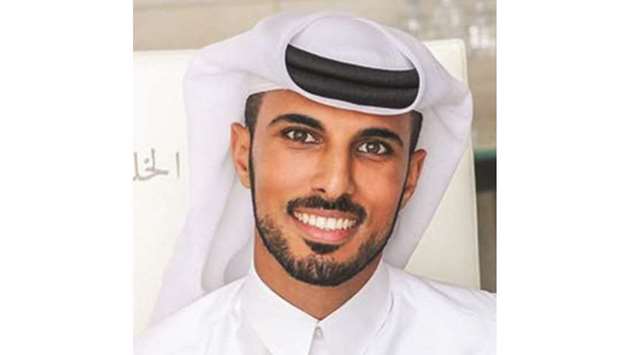Since Qatar was announced as the 2022 FIFA World Cup host, the country has remained committed to delivering one of the greenest and carbon-neutral tournaments in the history of the cup. Qatar has invested billions in sustainable and innovative solutions in order to achieve such a goal. In one of our stadiums, the entire structure is made up of recycled shipping containers. Furthermore, energy efficient LED sports light will be used to illuminate every game, reducing energy consumption by over a third. It’s not just structurally where Qatar wants to remain committed to ensuring a ‘green’ game; Some 170,000 seats will also be donated to lower-economically developed countries, ensuring everyone around the globe has a chance to continue the legacy that will follow Qatar 2022. Such initiatives are not only sustainable, but are integrated in the qualities and virtues of a vegan way of life. While many consider Vegansim to be simply a diet, it’s a lifestyle choice, and having Qatar adopt a ‘Vegan for 2022’ goal will further enhance and enrich it in new and stronger ways.
When it comes to moving fans from A to B, Qatar is adopting vegan virtues with 2022 planning in facilitating the travel needs of guests during the tournament. Doha’s streets have become famous for frequent traffic jams, but the new metro system (which uses best-in-the-world technology) will not only help reduce the carbon footprint for every single Qatar 2022 visitor, but also for us Qataris and residents of the country. The metro will be able to transport fans between stadiums, and around Doha.
With an already existing heavy focus on sustainability, it’s time for Qatar to turn its attention to accommodating the world’s fastest growing dietary demand: Veganism. Statistics show that footballs fans are 8 times more likely to be vegan or vegetarian than any other sporting fans, and while many stereotype this group of fans for being known for consuming junk food and soda, it’s time to wake up and realise the dietary changes taking place in today’s society. Fans are following the footsteps of the players and the likes of Sergio Aguero, Jermain Defoe and Lionel Messi. Each adopt the Vegan lifestyle, consuming only plant-based products as their fuel for football. Football fans are also six times more likely to be focused on health and wellness in ways other than diet, ensuring they are environmental friendly where possible, and reducing the number of cars needed to travel to games.
Eating plant-based foods is vital to many, and the trend is becoming less of ‘something we hear about’ and more of the reality of today’s food demand. The meat industry is crumbling at faster rates than ever previously anticipated, and meat-eaters are developing an understanding as to why the world’s fittest, strongest athletes, wrestlers, footballers and sporting stars are switching to the vegan way of life. By 2022, veganism is expected to grow by 10 times as much as it exists today.
Resilience, hard work and dedication in the sporting world has led our national team to victory this month, and Qatar is now the official champion of the AFC Asian Cup. Yes, meat plays a larger role in traditional Middle Eastern culture, but with a meat industry riddled with chemicals, questionable ingredients and additives, it’s never been more important for somebody like a member of a national football team to ensure they have access to healthy, organic, pure foods in Qatar. While we have a long way to go, I see promising links between ‘going vegan’ and the World Cup 2022 every day.
* The author is an expert in vegan wellbeing and health.
Instagram handle: @Ghanim92

Ghanim al-Sulaiti
